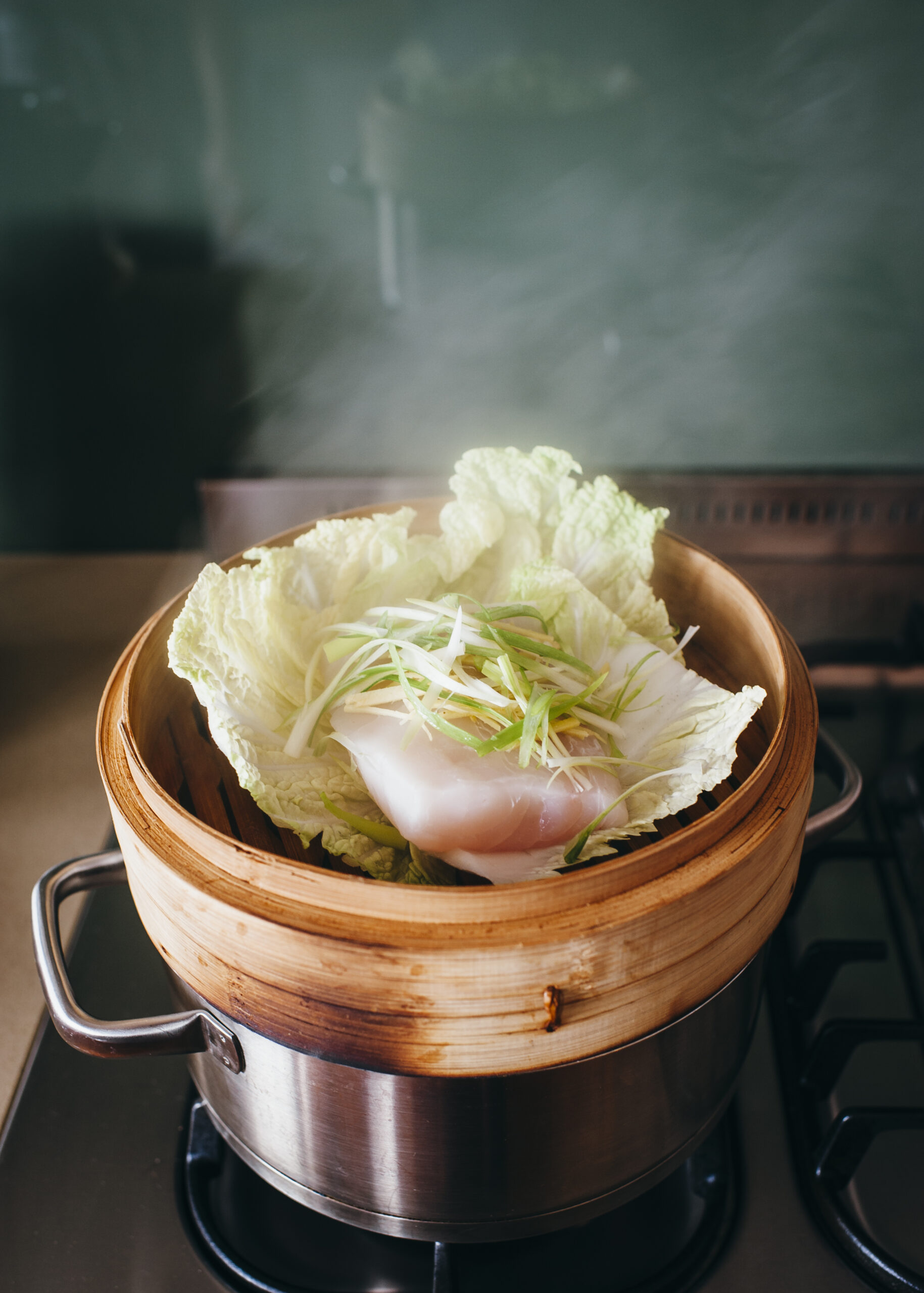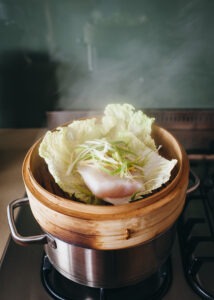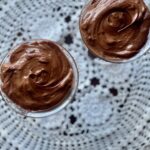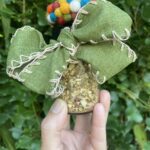How to choose the best fish and how to cook fish well at home
Nellie Kerrison
14 August 2024

How to choose the best fish and how to cook fish well at home
Why are some of us just a little nervous about cooking fish at home?
Is it the price, the minefield of complexity when it comes to actually knowing what fish it is you’re buying? Wanting to eat ethically sourced fish and seafood? Fussy eaters and lingering fishy cooking smells don’t help the situation either.
Cooking fish at home can be a truly rewarding experience, bringing the fresh, clean taste of the ocean straight to your plate. Here are some tips to ensure you do it right, with a focus on sustainability.
How to select your fish
Making friends with your fishmonger is a relationship that will yield great benefits when it comes to not only the quality of your fish, but the ease of preparing it once you are home. Your fishmonger will do the tricky work – the scaling, filleting, and pin-boning.
Where possible, buy from a fish monger; the difference in price often not only reflects the quality of the product but also its origin and sustainability. Have an idea of what you want to prepare & cook before shopping, as this will give you a bit of confidence about what can sometimes feel like a confusing purchase. This website is an excellent resource that will help you with the sustainability status of a particular type of fish and the various names it may be sold under. So too is this one – The Australian sustainable seafood guide.
Whole fish, fillets, and cutlets all have their own cooking merits. Whole fish is perfect for baking, while fillets are great for pan-frying or grilling.
Always buy the freshest fish possible. Look for bright, clear eyes, shiny scales, and a clean, briny smell. If you’re buying fillets, they should be firm and glistening, with no fishy odour.
Should you buy Fresh or Frozen fish?
Frozen fish can retain the same nutritional content as fresh fish, especially when it’s frozen soon after being caught. Frozen fish can be a great option but here are some comparisons to consider.
•Texture and Flavour: Fresh fish generally offers a superior texture and flavour compared to frozen fish. The freezing process can cause ice crystals to form in the flesh, which may lead to a slightly different texture once thawed. For dishes where the delicate texture of fish is key, fresh fish might be preferable.
•Cooking Techniques: Fresh fish is often more forgiving when it comes to certain cooking methods, such as grilling or pan-frying. Frozen fish can sometimes release more water as it cooks, which might affect the final dish.
•Availability of Local Varieties: In Australia, we have access to a variety of locally caught fish, and buying fresh supports local fishmongers and ensures you’re getting fish that hasn’t traveled long distances. This can reduce the carbon footprint and support local economies.
With that said, if you choose high-quality frozen fish, it can be a fantastic option, especially for those who may not have access to fresh fish or want the convenience of having fish on hand at any time.
How to store your fish
Once home, pat dry the fish (whole or fillets), but do not rinse under tap water as water can cause it to go prematurely mushy. Place a paper towel under or on the fish but allow for plenty of air around the fillets – don’t wrap tightly in cling wrap. Foil is best for wrapping. Change the paper towel each day. Depending on the type of fish, it can last up to three days, if stored correctly in your fridge.
How to cook fish well at home
Season Simply
Fish doesn’t need much to shine. A sprinkle of sea salt, a squeeze of lemon, and a drizzle of olive oil are often enough. Fresh herbs like dill or parsley can add a lovely touch, but let the fish be the star.
Master the Heat
Fish cooks quickly, so keep an eye on it. For fillets, aim for a hot pan and cook skin-side down until crisp, then finish off the top. Whole fish can be roasted or grilled—just remember to baste with a little oil to keep it moist.
Don’t Overcook
Overcooking is the enemy of good fish. Cook until just opaque and flakes easily with a fork. It is one of the most fragile of proteins and therefore, the residual heat will continue to cook the fish for a few moments after it’s off the heat.
How to choose the best fish and how to cook fish well at home
Here are some recipes for you to try & master how to cook fish well at home
- Steamed fish with Asian inspired flavours
- A super delicious Thai fish curry
- The very best Thai fish cakes
- Whole baked Snapper
- ‘Feel good fish’ – Baked fish with citrus
Did you know we have an incredible cooking club in this community? Where we share a plethora of inspiring recipes every single week. Cooking club members also enjoy live cooking classes, exclusive monthly themed cooking classes and cookbooks & so much more. We’d love to welcome you inside. It’s incredible value. Explore our cooking club here or feel free to call or email me if you have any questions.
Love Nellie
X
-
-
- P.S – If you would love to learn more about our food tours this year (they are going to be absolutely incredible), please don’t hesitate to reach out to us via email or check out our tours page this way. This year we are off to Puglia, Italy.
- Next years tours are to the Amalfi Coast, Umbria and also to India.
-
- TAGS:







